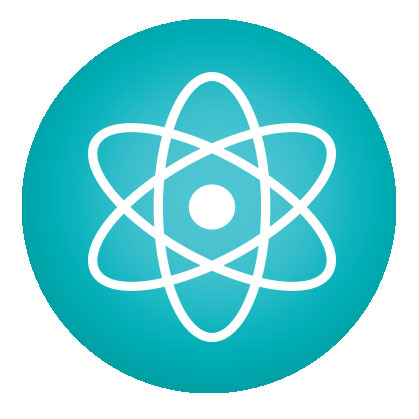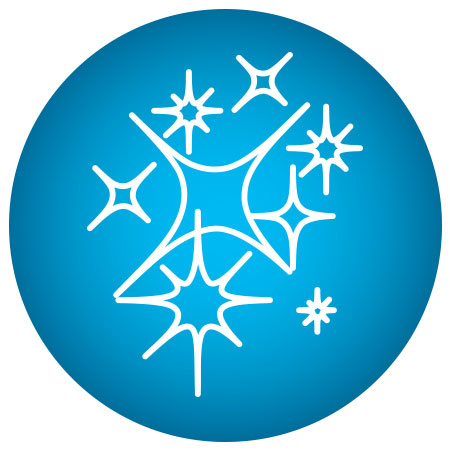Annual Geulah

Are self-improvement courses really a path in avodas Hashem?

Annual Geulah
We’re now concluding the period of Shovavim. The word comes from the pasuk “Shuvu banim shovavim — return, wayward children” (Yirmiyahu 3:14), and is also roshei teivos for the parshiyos of Shemos, Va’eira, Bo, Beshalach, Yisro, and Mishpatim.
These parshiyos describe the process of Geulah. The suffering we underwent in Mitzrayim redeemed our souls from impurities; during Yetzias Mitzrayim, our bodies were liberated from slavery; and we achieved complete freedom with Matan Torah.
We reexperience this Geulah every year during this period of Shovavim, and our neshamos are liberated from the clutches of tumah and gashmiyus.
In previous times, there were those who would endure sigufim, self-inflicted suffering to cleanse themselves from the effects of improper conduct. Today, our leaders have determined that we’re too weak to handle sigufim; we wouldn’t be purified, we would be destroyed.
Instead, our seforim offer an alternative means of cleansing ourselves: Put in extra effort to your avodas Hashem, especially when it makes you uncomfortable and you’re not “in the mood.” Even if you’re very hungry, stop for an extra few seconds and make that brachah with kavanah. Learn Torah for a few minutes after you feel you had enough. Do a kindness with a smile, even when it’s hard.
Thereby, we wayward children return to Hashem.
Sifrei Chassidus
Clarifying Common Confusions: Part 1
We live in confusing times. As we get closer and closer to Mashiach, things change so fast, it can make our heads spin. The change can be felt in the physical realms, such as in technology and business; in the psychological makeup of people; in new mystical ideas from the Torah that were hidden in esoteric seforim and are now making their way into public consciousness.
In this section, we’ll attempt to wipe away some of the fuzz via questions and answers.
Q: I flip through my local circulars. Ad after ad is marketing self-improvement courses. Is this avodas Hashem?
The correct way of worshiping Hashem is thirsting for the Divine and being willing to sacrifice everything for His service.
“Becoming the best you,” “Discovering your awesome self,” “Reduce anxiety through trust,” is not the baseline from which we worship Hashem. Even atheists do this kind of self-discovery work. Our focus should be on Hashem, not on ourselves.
Conjure up an image of a gadol you’ve seen or heard about. Can you imagine him saying something like, “If you learn Torah, you will have good relationships! You won’t be on an emotional roller coaster. You’ll finally become you!” Just thinking about it sounds funny, because it’s so foreign to an oved Hashem.
When a gadol talks about the great pleasure of praising Hashem, you can almost sense his excitement, his anticipation; you can feel his yearning for attachment to his Creator. He’ll also imbue his talmidim with a sense of obligation to Hashem.
An Exercise in Empathy
The teacher of the Torah class I was learning in assigned us an exercise: Choose a feminine quality and work at developing it through your interpersonal relationships. I chose empathy and used it at work with my new trainees. I work as the head of a department in a prison where we produce glasses for the underprivileged. There are 25 people working under me. As an idealist, I really want to produce a perfect product. Once I began working on empathy, I realized I needed to be kinder to my new trainees.
Mounting lenses in glasses frames is hard work that requires skill, a steady hand, and attention to detail. I had to be aware of how my quality inspectors were treating the mounters — were they teaching them the best way to do the job or just criticizing their mistakes?
I had to tune into what the new mounters were going through, into how hard and overwhelming that job can be. I had to have empathy for them and see what I could do to lessen their stress. I started spending more time watching the interactions between my trainees and the inspectors.
Now, I spend time training, but I try to encourage kindness instead of judgment.
Amalya Libya Carrasco
A Crucial Addition
When I finished writing my book, The Moon’s Lost Light, a book on the topic of women in Yiddishkeit, I went to daven at the kever of Shmuel Hanavi to ask Hashem if He was happy with it and if there was anything He wanted me to change. When I came home, I realized I’d left out a crucial chapter.
The new chapter I added was about Korach. The Arizal teaches that Korach had lofty intentions; the changes he wanted to institute were to align the world for the coming of Mashiach. His crucial mistake that led to his terrible downfall? He disobeyed the Torah leader of his time who understood that the world wasn’t yet ready for Mashiach.
And so, in my post-Shmuel Hanavi-Kever chapter, I explained that whatever practical changes we make based on the new knowledge we’re learning must be with the approval of the gedolei Yisrael. Only with their approval do we know that what we’re doing is in line with our times.
It was only then that I realized that Chazal say that Shmuel Hanavi was actually a descendant of Korach and that with his greatness, he was mesakein his ancestor....
Rebbetzin Devorah Fastag, Author of The Moon’s Lost Light
Taking a Stand
When the Jewish judge on the case I was trying suggested Shemini Atzeres as a court date, I explained that was a holiday and I couldn’t work. That judge, who everyone was afraid of, had once made fun of me in front of everyone for fasting on Tzom Gedalyah and said, “Shulevitz has a way of making up holidays.”
I answered strongly, “I won’t desecrate my holiday.”
I thought, Hashem is the true judge, I’m not afraid of you. The great-grandmother I’m named after died in Auschwitz.
I ended up inspiring my coworker. He once told me he kept Shabbos that week because he was so proud to see a Jew stand up for her religion. My Muslim and Christian friends in court also supported my defending of my religion.
Later, the judge actually apologized. Soon afterward he started going to a shiur — perhaps he wanted to show he wasn’t anti-religious.
Not all my coworkers, however, supported me. Four months later I met a Jewish lawyer outside the courthouse who mocked my stand. “You know, you don’t have to make yourself into a martyr. You should have just listened to the judge. He’s an Article 3 (the highest judge).”
I told him, “I’m not afraid of an Article 3 judge. I’m afraid of Hashem, and He’s the judge of all the judges.”
Three weeks later this lawyer was killed by a drunk driver. We can’t fathom Hashem’s considerations! Although the lawyer was ashamed of being Jewish, he was a good man who cared for humanity and even fed the homeless.
Strangely enough, the lawyer came to me in a dream and told me that Hashem is the master, and that he regretted his actions.
Sarah Vorhand (Shulevitz)
“To pray for a friend is a form of tzedakah.”
Rabbi Nachman of Breslov
(Originally featured in Family First, Issue 831)
Oops! We could not locate your form.


